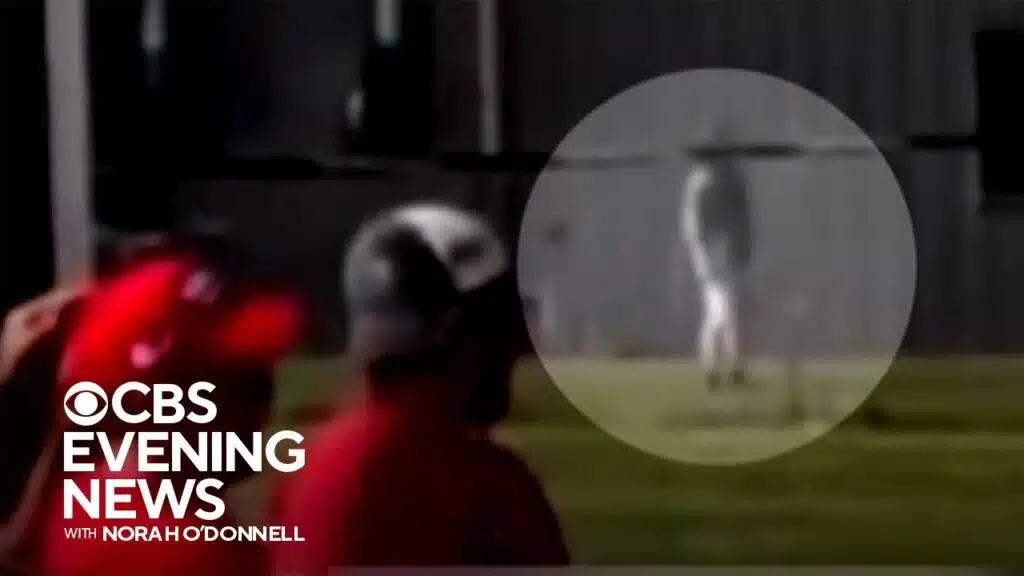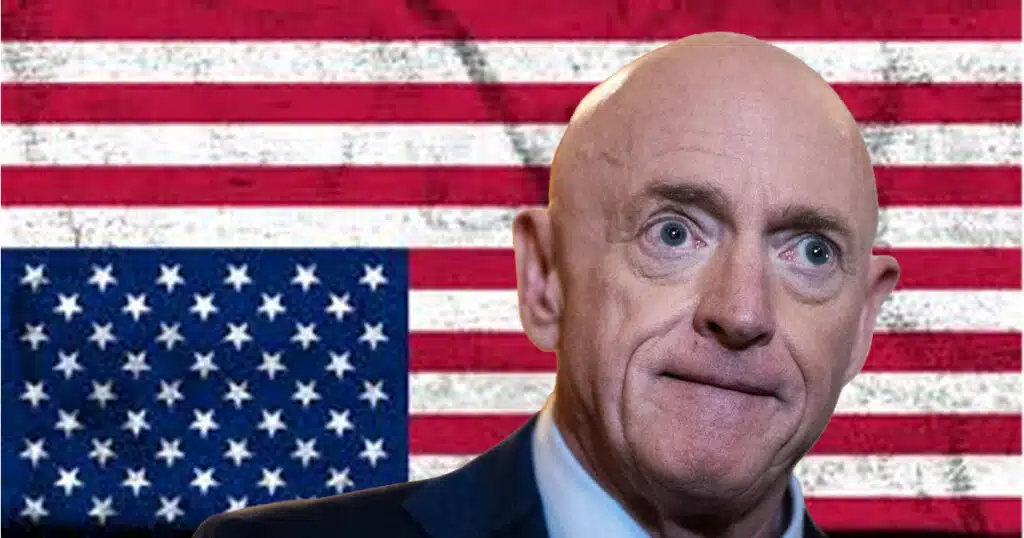
After Assassination Attempt on Trump, Some Want to Hold Gun Owners Responsible for Government Failures
Almost immediately after a gunman tried to kill Donald Trump as he spoke July 13 at a campaign rally in Butler, Pennsylvania, gun control zealots twisted the assassination attempt into an opportunity to blame the Second Amendment and lawful gun owners.
They, as they so often do in the aftermath of any national news story involving the criminal misuse of firearms, immediately demanded restrictive gun control.
Some journalists even went so far as to insinuate that the former president essentially brought this on himself because of his pro-Second Amendment stance when he was president.
Perhaps they should have waited for just a few breaths before making fools of themselves.
Now, over two weeks later, we know that it wasn’t the Second Amendment or Pennsylvania’s allegedly lax gun laws that almost got Trump killed. Rather, it was government ineptitude.
The number of inexplicable decisions and unanswered questions about Trump’s Secret Service security detail that day is long and seems to be growing with every news cycle.
And so far, this appears to be one of the most egregious failures in the history of government-provided personal protection. It rivals the night that President Abraham Lincoln’s security guard left his post outside the President’s Box at Ford’s Theatre and got roaring drunk at a bar across the street.
This is, of course, far from the first time that gun control activists have sought to leverage an emotionally charged atmosphere to further their own agenda. These efforts typically occur in the aftermath of mass public shootings, but high-profile political assassinations have successfully been used to garner support for gun control legislation.
Federal law today generally prohibits the importation of foreign-made firearms for civilian sales, in large part because the gunman who fatally shot President John F. Kennedy in 1963 used a bolt-action rifle initially designed and manufactured for the Italian army and later imported as a military surplus weapon to be sold on the civilian market.
Similarly, the foundation of the current federal background-check system for gun sales was put into place in 1993 and named after James Brady, the White House press secretary left partially paralyzed during the 1981 assassination attempt on President Ronald Reagan.
Reagan’s shooter had a significant history of serious mental health issues and weapons-related criminal offenses that prohibited him from legally purchasing or possessing firearms.
This is something that, under the Brady Act’s mandatory background check required for licensed dealers, would’ve been detected by the pawn shop at which the shooter purchased the gun with which he shot Reagan.
During these previous assassination-based pushes for more gun control, activists’ demands were at least related (if only nominally, in the case of Kennedy’s assassin) to how the gunman acquired his weapon. That’s clearly not the case here.
Forget, for just a minute, the serious constitutional concerns inherent with so many of these policies. Forget, too, that basing national gun policy on preventing the rarest forms of gun violence is an irrational and ineffective way to do public policy.
The simple reality is that not one of the policies demanded by gun control activists in the wake of the Trump shooting would meaningfully affect the dead suspect’s ability to carry out his plan.
This wasn’t about a lack of “universal” background checks. The shooter’s father legally purchased the weapon over a decade ago from a federally licensed gun store, where he would have been required to pass a background check.
Officials initially believed that the 20-year-old shooter asked to borrow the gun on the day of the Trump shooting, something to which his father agreed and didn’t find out of the ordinary. Officials now believe that the suspect had, at some point, legally purchased the gun from his father.
It doesn’t matter. Even if the shooter legally purchased the weapon through a private intrastate sale—the only type of sale for which background checks currently aren’t required under federal law—imposing a mandatory background check on that sale wouldn’t have changed anything.
The shooter wasn’t a prohibited person whose attempt to purchase a gun would have been prevented by a failed background check. FBI officials confirmed that he had no prior criminal history, and there’s no indication he struggled with serious mental health issues that would have legally disqualified him from gun ownership. This is only reinforced by the fact that he’d recently passed a background check for his job as a dietary aide at a nursing home.
Nor was this a problem with Pennsylvania’s open-carry laws, as some have suggested. Yes, the state generally allows ordinary, law-abiding adults to carry rifles openly in public spaces. But state and federal law enforcement can (and routinely do) set up secure perimeters around special events and prohibit people from carrying weapons in the vicinity of campaign rallies.
There’s absolutely no evidence at this point that open-carry laws were in any way relevant to any security decisions made by the Secret Service or local police that day in Pennsylvania. The gunman wasn’t exactly walking around with his rifle visible, but rather appears to have concealed his rifle in a backpack until he climbed atop the roof from which he shot at Trump. Some sources say they believe that he’d stashed the weapon on the roof days in advance.
And let’s be honest: If the shooter had openly carried a firearm, there’s simply no world in which a rifle-wielding civilian standing just outside the perimeter of a presidential campaign rally isn’t going to be treated as a serious threat.
In fact, this is precisely why bystanders were so concerned when they saw a man on the roof with a rifle and tried so hard to alert police. Open-carry laws don’t magically prevent rational people from comprehending atypical and unusually threatening circumstances.
And this shooting certainly wouldn’t have been prevented if Pennsylvania banned the possession of so-called assault weapons.
The simple reality is that none of the cosmetic features that distinguish an “assault weapon” from a “non-assault weapon” were relevant to the shooter hitting his target. If anything, had the gunman used a more traditional “precision” hunting rifle with a larger caliber round, longer barrel, and a bipod attachment, he may well have been more accurate from that distance.
A lack of “assault weapon” features hasn’t stopped previous would-be assassins, in the slightest. Kennedy was fatally shot with a bolt-action rifle that ironically wouldn’t be condemned today by gun control advocates as an “assault weapon” or “weapon of war,” despite having been literally produced for military arsenals.
Similarly, the man who killed the Rev. Martin Luther King Jr. in April 1968 used a pump-action rifle that, despite firing a far more powerful round than the rifle used to shoot at Trump, would escape “assault weapon” designations.
Both the man who killed Sen. Robert F. Kennedy in May 1968 and the man who attempted to kill Reagan 13 years later used revolvers.
Handguns also were used in the 2002 assassination of New York City Councilman James E. Davis; the 2008 mass shooting at a Kirkwood, Missouri, City Council meeting that killed Mayor Mike Swoboda and five others; and the 2011 shooting in Tucson, Arizona, that killed a federal judge and seriously wounded Rep. Gabby Giffords.
The list of utterly irrelevant gun control restrictions proposed in the aftermath of the attempted assassination of Trump goes on.
Magazine capacity limits? The suspect fired fewer than 10 rounds, as has been the case in virtually every successful or attempted assassination involving a firearm in the nation’s history.
Waiting periods? The shooter didn’t use a recently purchased weapon and this seems to have been anything but a spur-of-the-moment decision.
Safe storage laws? Trump’s shooter was a 20-year-old adult who used his own legally possessed firearm, not a minor or prohibited person who accessed another gun owner’s unsecured weapon.
Raising the age of commercial gun sales to 21? While such a law would prohibit gun stores from selling to individuals under age 21, they wouldn’t prohibit mere possession for law-abiding young adults. Such laws also universally allow for parents to transfer long guns to their non-prohibited adult children—the exact type of transfer that happened here.
It doesn’t matter how you spin it. Pennsylvania’s gun laws are completely irrelevant to the attempt to assassinate Trump.
That’s because, at the end of the day, this isn’t a story about failed gun laws.
This is a story about a series of government failures—failures for which gun control activists now want to punish ordinary, peaceable gun owners.



